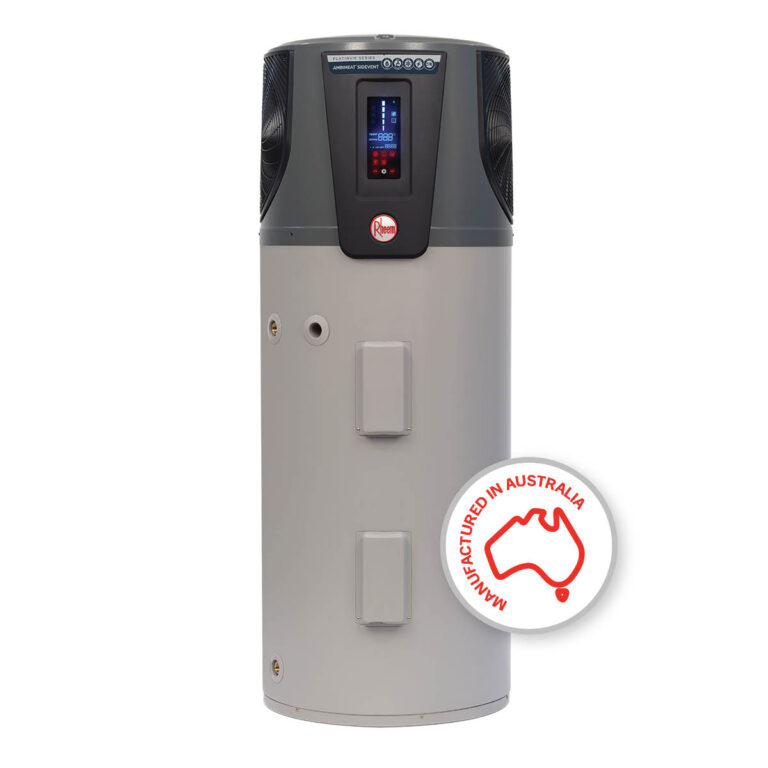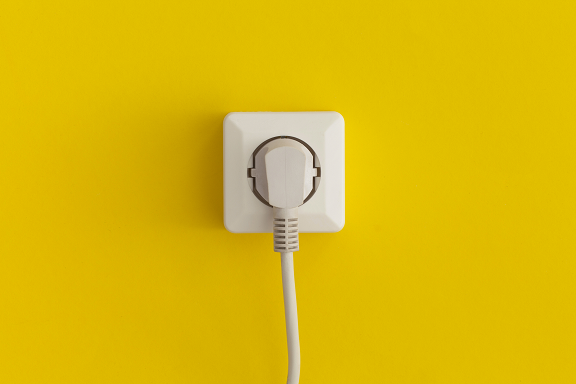The landscape of residential energy consumption is seeing a significant shift, particularly in Victoria. With the phase-out of gas for new builds and a push towards all-electric homes, homeowners are bound to have questions. How does this affect your current hot water system? Should you switch from a gas hot water system to an electric or solar one? Here’s everything you need to know, including how Harley Plumbing can make this transition smooth for you.
The Rise of All-Electric Homes: Why They’re Catching On
All-electric homes are quickly gaining traction across the globe, particularly in areas where renewable energy is becoming more accessible and cost-effective. An all-electric home relies entirely on electrical power for everything, be it heating, cooling, cooking, or other energy-requiring activities, bypassing the need for fossil fuels such as natural gas or propane.
Switching to an all-electric home offers notable environmental benefits. Specifically, these homes can dramatically cut back on greenhouse gas emissions produced from burning fossil fuels for essential home functions like cooking and heating. This reduction in emissions is particularly significant when the electrical power originates from renewable resources such as solar or wind energy.
Economic Benefits: Long-Term Savings

When it comes to finances, going all-electric can offer homeowners substantial long-term savings on energy bills. The cost of electricity, especially when generated through renewable means, tends to be more stable and predictable compared to volatile fossil fuel prices. This predictability is a compelling reason for homeowners to consider making the switch to all-electric homes.
The technology supporting all-electric homes has seen dramatic improvements, especially when it comes to heat pump systems. These advancements have made electric heating and cooling setups far more efficient and financially viable. Additionally, innovative electric appliances like induction cooktops are gaining popularity, offering a cleaner and more energy-efficient alternative to traditional gas stoves.
By taking into account these environmental, economic, and technological advantages, it’s clear why the all-electric home trend is making waves. Making the shift not only benefits the planet but also proves to be a wise financial and technological investment for homeowners.
The All-Electric Trend: What You Should Know
The term ‘all-electric homes’ is gradually becoming a staple in both trade industries and among homeowners. Going all-electric means your home relies solely on electricity, covering everything from your oven to your cooling system. The key advantage of this approach is the synergy with solar power, which can substantially cut down your energy bills and carbon footprint.
Timeline and Implications of the Gas Phase-Out
Starting in 2024, all new residential builds in Victoria will exclusively feature electric connections, extending later to public buildings. Current homeowners need not worry immediately, as existing homes are not affected by this mandate. However, considering a future transition is a prudent move, particularly when your current gas hot water system nears its end of life.
Why Consider Switching to Electric Hot Water?
Hot water systems consume a considerable portion of home energy—around 21%. Switching from gas to electric can drastically reduce this figure and cut down on costs. What’s more, you could qualify for a rebate of up to $1,000 for making the switch to electric or heat pump systems.

Harley Plumbing’s Role in Your Transition
Our team can guide you through this change by installing a more energy-efficient electric heat pump system. This not only reduces your energy bills but also helps you secure the available $1,000 rebate for upfront installation costs.
Types of Hot Water Systems: Electric vs. Gas
Electric Systems
- Energy-efficient, especially when paired with solar power
- Rebates often apply, making them financially appealing
- Electricity is cheaper than gas
Gas Systems
- Effective for small households but less energy-efficient
- Running a gas storage tank continuously can eat into savings
- Gas is more expensive
Advantages of Going Solar
Solar-powered electric hot water systems are at the intersection of financial sensibility and environmental responsibility. They use renewable solar power, offer low running costs, and frequently qualify for government rebates. Plus, they future-proof you against rising energy prices.’
Applying for Rebates
Here’s a quick guide for Victorian homeowners:
- Obtain a quote from Harley Plumbing.
- Check eligibility criteria, including household income and property value.
- Apply through the hot water rebate portal.
- Our team will guide you through it all

Final Thoughts: Costs and Running Expenses
The price of a hot water system can range from $600 to $8,000, depending on the type and technology. Although initial costs may be higher, the long-term savings, especially when coupled with government rebates and solar power, make it a worthwhile investment. By embracing the shift to all-electricity and installing a new electric hot water system, you’re not just cutting down on your energy bills; you’re also contributing to a sustainable future for Victoria.
Would you like to be part of this change? Contact Harley Plumbing today to explore your options and take advantage of the various rebates available.




